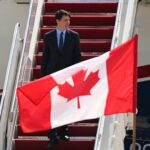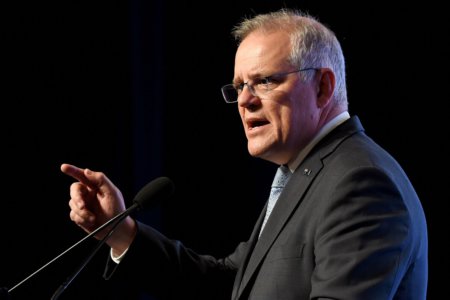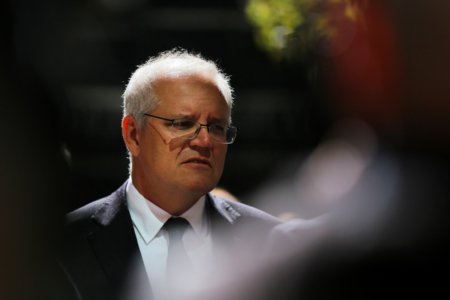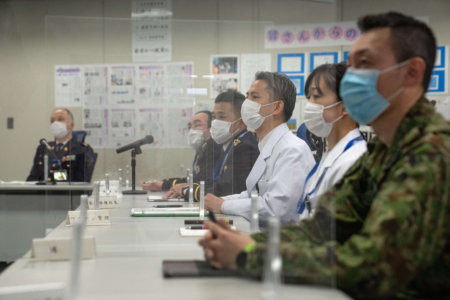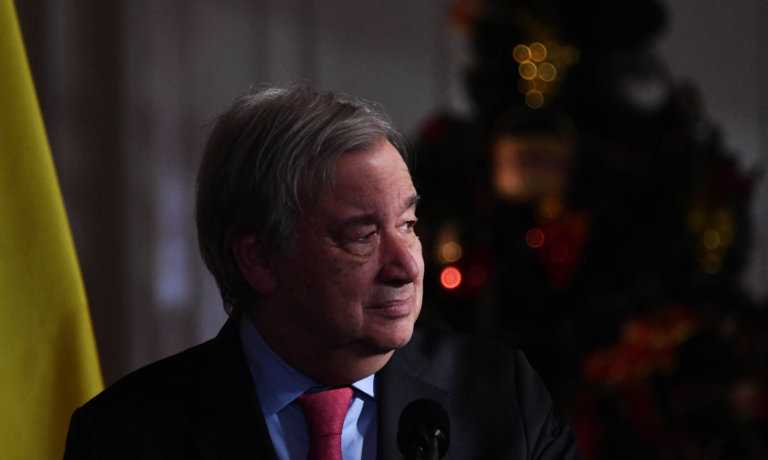
UN Secretary-General Antonio Guterres is calling on countries to test, not ban travel because of concern about the Omicron variant. Travel bans are “unfair” and “ineffective,” he said. This comes after a similar admonishment by the World Health Organisation, who also criticised Britain and other countries for stockpiling vaccines that could be better used in countries struggling to procure them.
Guterres on Wednesday slammed travel bans targeting specific countries and regions. “With a virus that is truly borderless, travel restrictions that isolate any one country or region are not only deeply unfair and punitive — they are ineffective,” Guterres said at a news conference, calling instead for increased testing for travellers.
This follows WHO’s scolding of rich nations for imposing travel bans and ramping up purchases of booster shots at the expanse of billions in less wealthy nations who have yet to receive their first dose.
Travel bans are futile against the spread of Omicron and they “place a heavy burden on lives and livelihoods,” said Tedros Adhanom Ghebreyesus, WHO director general, at a news conference in Geneva.
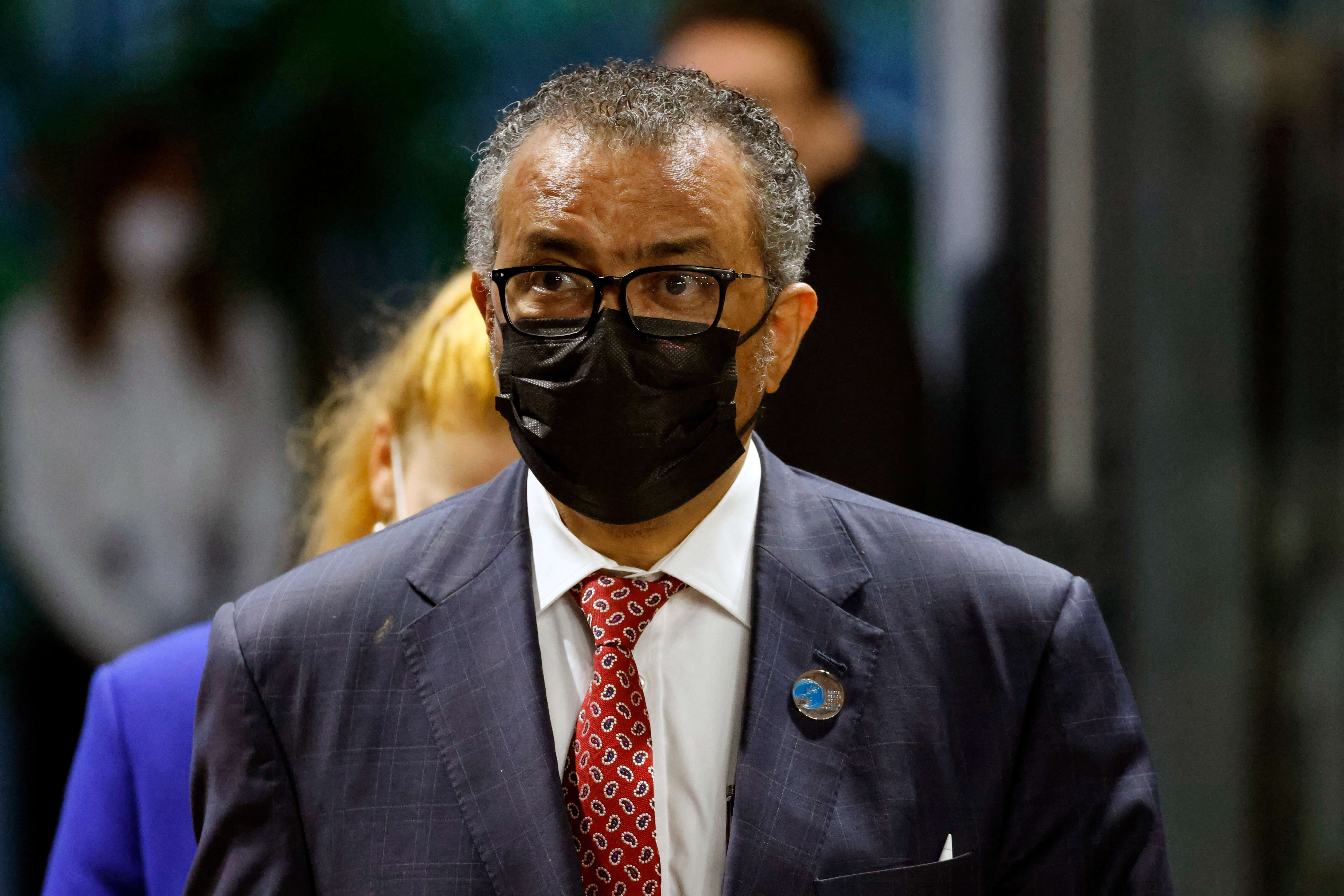
Blanket travel bans are futile against the spread of Omicron, says Tedros Adhanom Ghebreyesus, WHO director general. Source Ludovic Marin/AFP)
Travel bans have been criticised for their economic and human toll, especially on international students. Those stranded abroad wouldn’t be able to do any practical assignments and those pursuing sciences cannot access labs.
For many students, studying online is neither an option nor a productive method. Most feel it is not worth what they’ve paid for, which is quality, face-to-face education. Many also find the lack of human interaction detrimental to their mental health.
International students in Australia have had to cancel US$1,000 flight tickets, turned down prestigious internships and have their hopes to resume their programmes dashed again after the Australian government postponed the reopening of borders until at least Dec. 15, 2021.
“The decision is extremely irresponsible for temporary visa holders, who were left without any time to prepare and respond to the urgent announcement,” Chinese international student Zhang Yiming told the ABC.
Travel bans are ‘punishing’
Dozens of countries imposed restrictions on travel from southern African states after the Omicron variant of the coronavirus was first reported in the region last week.
Guterres said countries that had reported the emergence of the new strain should not “be collectively punished for identifying and sharing crucial science and health information with the world.”
He reiterated an appeal to governments to implement augmented testing measures for travellers, “together with other appropriate and truly effective measures.” “This is the only way to reduce the risk of transmission while allowing for travel and economic engagement.”
WHO has determined the overall risk from Omicron to be “very high” — but the WHO’s director for Africa has also spoken out against barring travellers from the continent, saying it “attacks global solidarity.”
Officials in South Africa have said they are being punished for identifying a strain that has now been detected everywhere from the Netherlands to Britain, Canada and Hong Kong, while Malawi’s President Lazarus Chakwera accused Western countries of “Afrophobia.”
Additional reporting by AFP




